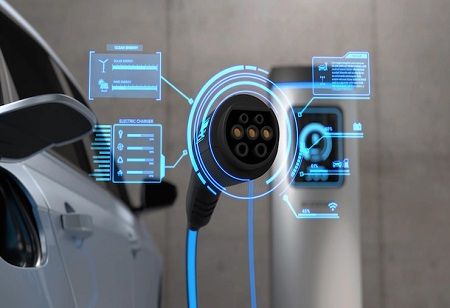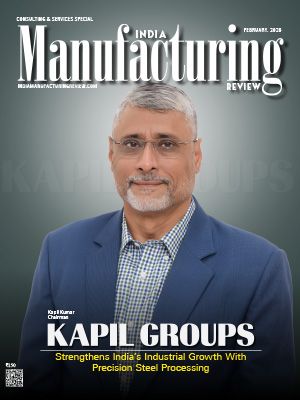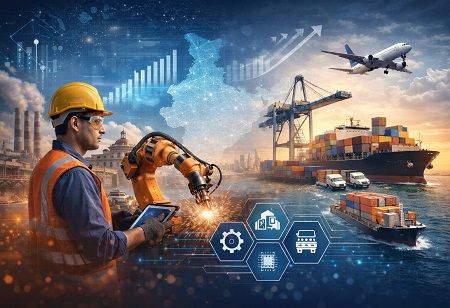
IIT Delhi, Global Auto Majors Tackle China Rare Earth Curbs
- China’s rare earth curbs drive global rare-earth-free EV motor development.
- IIT Delhi develops low/no rare earth motors; Mercedes near 0% in EVs.
- Beijing controls 50% deposits; India faces import delays despite partial lift.
China’s export restrictions on rare earth elements are leading to a global trend of switching to rare-earth-free electric vehicle motors, which big car companies in the US, Germany, Japan, and India are mostly doing. Leading India, the Indian Institute of Technology (IIT) Delhi is building new types of motors that need very few or no rare earths at all, thus quite naturally, they are solving the problem of supply which has been made even more difficult by Beijing’s tightening that was imposed on October 9, 2025, after similar moves in 2018 and 2023.
“When China decides to play the devil and hold the world hostage by limiting the supply of rare earths, major automakers in the US, Germany, Japan, and India are working on EVs that don’t use rare earths in their batteries,” the report reads. Mercedes-Benz has brought the amount of heavy rare earth in the new generation EVs it is working on down to “close to 0 per cent.”
Also Read: India to Launch Critical Mineral Stockpile Plan
China holds half of earth’s rare metals and uses them to gain political power over the world. However, in April 2025, when Beijing imposed tariffs on the US under President Donald Trump and the US retaliated by putting tariffs on China, Beijing responded by reducing rare earth exports to the US, India, and other countries. This resulted in disruption of India’s automotive sector.
Although it was partially lifted in August 2025, the rare earth magnet import license situation in India is still at a standstill, with no new applications having been processed as of September 9. The Indian Institute of Technology Delhi is taking measures to advance innovations in motor technology that would lessen dependency on one source and at the same time be consistent with India’s policy of going domestic in the semiconductor and EV market, which is anticipated to be worth $100 billion by 2030. The report points out that the situation has far-reaching effects for EVs, in which rare earth materials are indispensable for magnets in motors and batteries.




.jpg)
.jpg)

